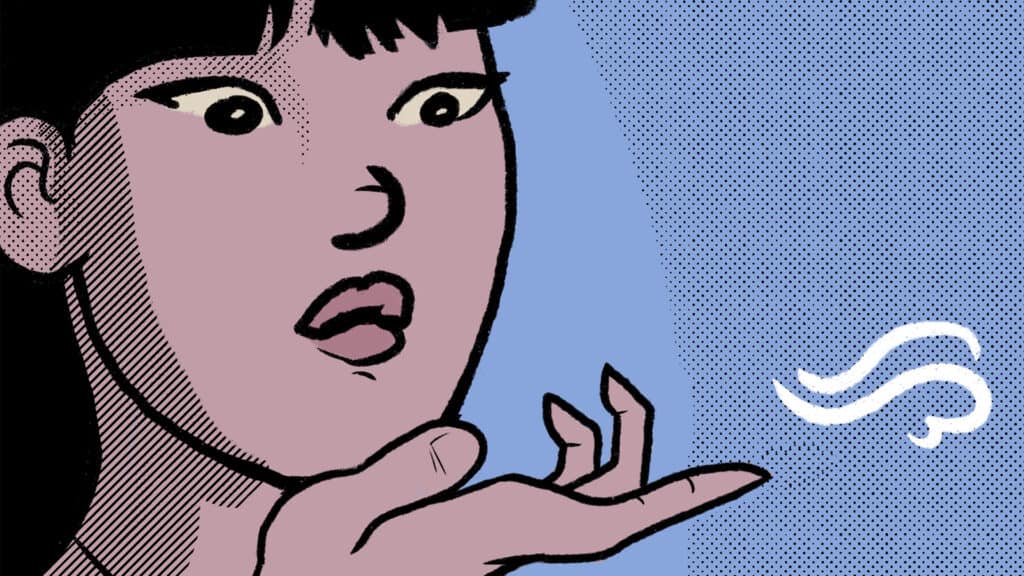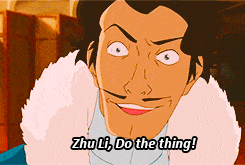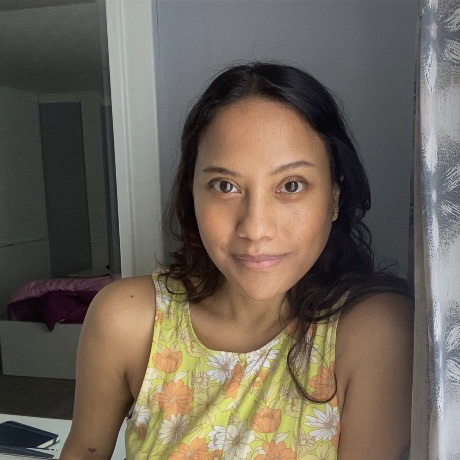3 Core Habits of Successful People
Success is Predictable, according to Brian Tracy

One of the biggest things that got me starting this blog was the idea that success was predictable. Obviously, there are variables. Part of my mission is to help people identify the obstacles in their lives — be it personal habits, education, attitude, or external — and find ways to overcome them or remove them. We don't all start from the same position. And there are absolutely environmental factors — I don't mean climate change — that affect our mental health, our motivation, and our stamina.
With that said, I really do believe that a person can change their circumstances, given the chance. For instance, pilot programs featuring UBI — Universal Basic Income — suggest that the beneficiaries tend to use the extra money to improve their situation:
While many pilots are in early phases and still ongoing, studies suggest that people tend to make “good” choices with supplementary income, such as investing in education and job training. Likewise, there is scant evidence to suggest that “loafers” will take advantage of society’s largesse.
Karen Yuan and Caroline Kitchener, The Atlantic
Similarly, people who received the COVID stimulus spent it on bills, food, and medical needs.
Many said immediate spending on necessities would account for all or most of their stimulus payment.
"[The] $1,200 will be spent on food, very carefully counting every cent because food is very expensive," wrote Pearl Quintal, a grandmother from Hawaii.
"I will buy what we need, not spending it all at once. I will save some to make ends meet as far as $1,200 will carry myself and my two grandsons that I have been taking care of."
Boer Deng and Chelsea Bailey, BBC News
So, given these parameters — relative stability — and assuming the individual isn't plagued by enormously bad luck, what are the habits of successful people?
In study after study of men and women who get paid more and promoted faster, the quality of "action orientation" stands out as the most observable and consistent behavior they demonstrate in everything they do. Successful, effective people are those who launch directly into their major tasks and then discipline themselves to work steadily and single-mindedly until those tasks are complete.
Brian Tracy, Eat That Frog
In other words, once you decide to do something, you should sit down and do it until the thing is finished. Similarly, Mastery author Robert Greene says that effort, sustained and prolonged, pays off.
One of the keys, though, is that you need to break down that goal into something that you can wrap your head around.
Interestingly, most high achievers instinctively create processes that focus on the day-to-day and not the end result. If you focus solely on your goal, you realize just how great the distance is between here, where you’re starting, and there, where you hope to someday be. Then that gap is so wide that it’s incredibly demotivating.
Jeff Haden, Forbes
1. Do It Now
As mentioned above, successful people start working on their goals right away. They retain a "sense of urgency", Brian Tracy writes in Eat That Frog.

2. Sustain the Productivity
"Getting into the flow" is a state of being that successful people have mastered. In fact, you can even train yourself to become addicted to this fabled experience.
When you're in the state of flow ... something almost miraculous happens to your mind and emotions. You feel elated and clear. Everything you do seems effortless and accurate.
Brian Tracy, Eat That Frog
3. Break Down Your Goals into Daily Tasks
Jeff Haden says that Venus and Serena Williams, rather than enter every single junior tournament to collect trophies, limited their involvement so they could focus on becoming better tennis players rather than winning or losing.
The list goes on of people who focused on creating a process that would lead to long-term success, and then working that process and finding motivation in small, day-to-day successes.
Jeff Hayden, Forbes
Write down your goals. Then break them into smaller, specific tasks. Then, actually do them.
I know I only just started this blog, but I am already seeing a big difference, having taken action. I'll address the changes in my life having adopted these habits next!

Hi! I'm Piya. I'm a freelance creative starting a new career, and I want to help you start yours, too.